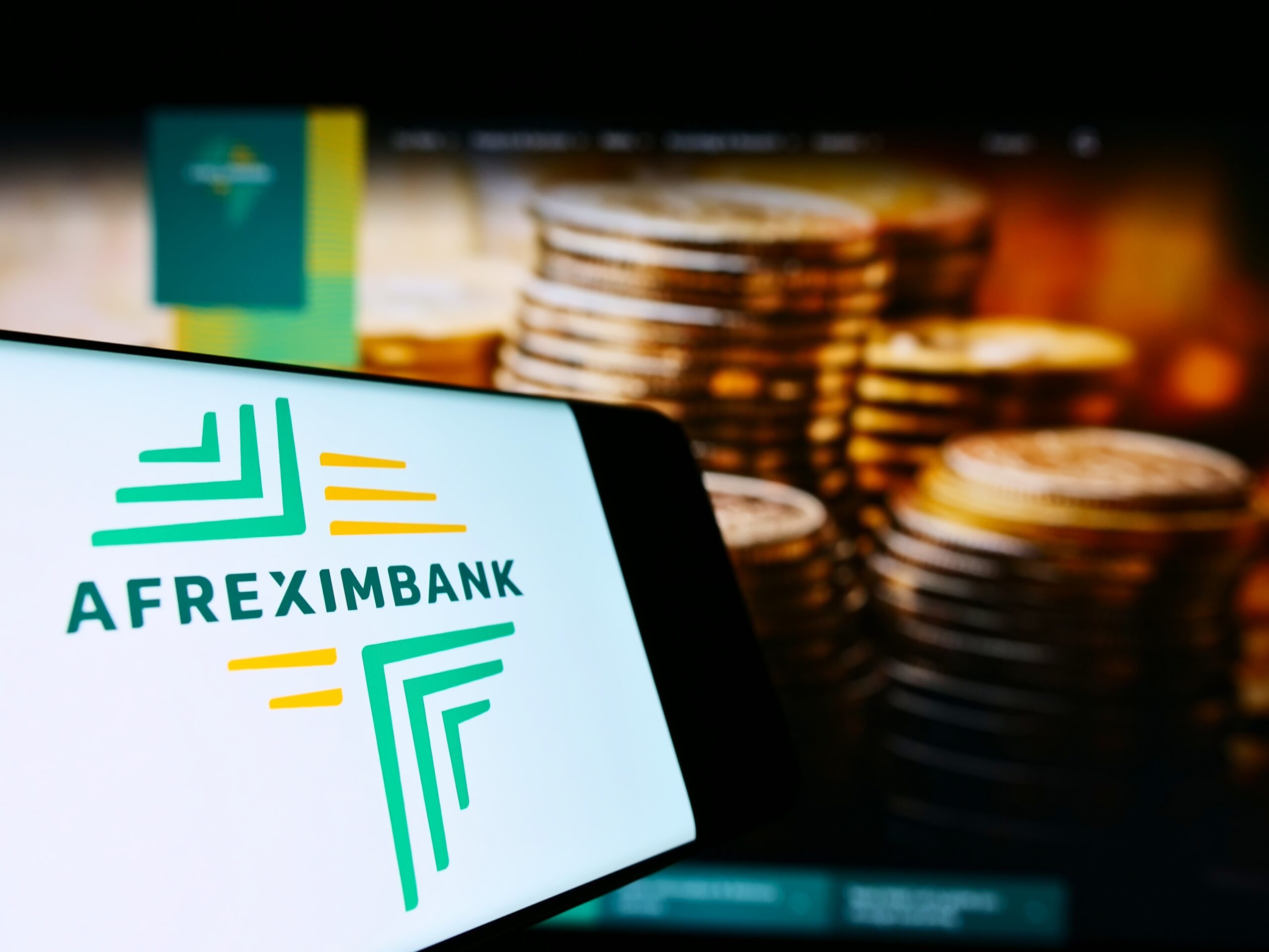
Emerging markets are increasingly feeling of constant economic pressures, and Africa is no exception. An important challenge faces the continent, about $ 100 billion in annual financial gaps. This significant deficiency complicates Africa’s ability to fully participate in world trade and to achieve its economic potential.
Also Read: 5 main ports in Africa that reinforce the African trade
One of the main culprits of this gap is the presence of commercial barriers. Unjust business agreements, along with high tariffs and various non -tariff barriers, create a rough playground. These barriers weaken the competition of Africa economies in the international arena and limit their growth and prosperity. Overcoming these barriers to opening the potential of Africa trade and strengthening sustainable economic development is crucial.
The twenty-fifth version of the Afreximbank event (November 4-6) is ready to handle the critical financial gap between African economies. This year’s event will focus on innovative financing structures designed to open new job opportunities, especially for SMEs, which make up 90 % of continental companies. The event is seeking to empower these vital jobs by focusing on traditional banking. A one -day one -day specialized workshop will be followed on November 7, 2025 and offers more tools and strategies to grow according to Afreximbank.
The future event will host many leading experts in African and international trade, banking experts, corporate representatives and regulators. This specialized assembly promises shared solutions and an effective change in the financial prospects of Africa.
According to Ms. Gwen Muba, Managing Director of Commerce and Banking Reporter, “structural finances of Africa ticket tickets are suitable for converting unbearable trading to commercial trade.” He emphasizes that these tools enable financial leaders to open growth on a scale, especially in challenging conditions. However, despite such promising initiatives, Africa has attempted to adapt and face frequent issues that continue despite continuous efforts and discussions.
In my opinion, Africa must discover different strategies to convert the page and compete internationally. Using the latest technologies can be a game change. Digital trade finances, including Blockchain, E-Invoicing and digital operating systems, can simplify processes, reduce fraud, and improve financial access to SMEs. These technologies can also provide valuable market data. Digital payment systems can help reduce currency fluctuations and reduce US dollar trust and promote trade in local currencies. In addition, accommodation of Fintech digital innovations, such as rapidly expanding peer lending systems, can provide other options for traditional banking, enabling SME individuals and individuals to trade without relying on banks, especially at the current high rates.
The event shows this year’s main addresses, including “opening African trade potential” provided by Mark Aubin of the World Trade Organization (WTO). Silvia Makri of the World S&P also gives the original lecture, and there are numerous workshops to be held and provide a lot of practical knowledge and knowledge.
It is possible to unlock Africa’s financial potential and the possibility of SME to compete internationally, but it relies on implementing a proper approach and strategy.